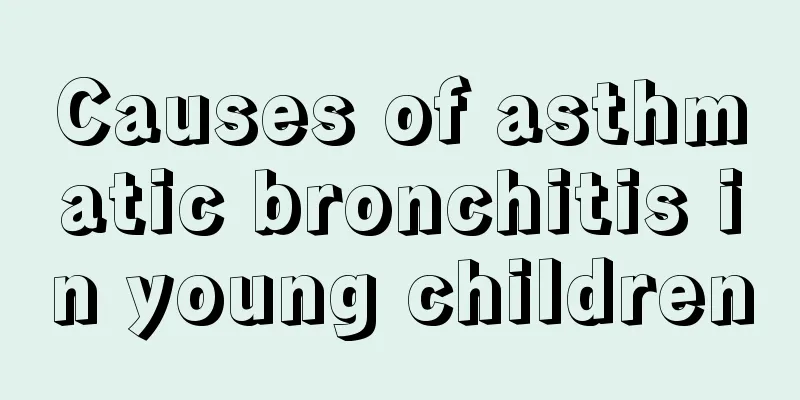What are the symptoms of teething discomfort in babies?

|
Teething is a part of every baby's growth experience. When a baby's teeth come out, it means that the baby is growing up slowly. How can we judge whether the baby is teething in daily life? When a tooth comes out from the gum mucosa, it will be very painful. What are the symptoms of teething discomfort in babies? Parents can easily know the symptoms of teething discomfort in babies by observing more carefully in daily life. 1. Drooling About 2 months before babies start teething, most babies will drool or put their hands into their mouths to scratch. By observing the baby's mouth, you can see that the gums are partially white or slightly red and swollen, and they feel hard when touched. These are the tips of the baby's deciduous teeth that are about to erupt. 2. Mild cough During the teething process, more saliva will be secreted in the baby's mouth, but the baby cannot swallow the saliva at this time. Excessive saliva will cause the baby to feel nauseous or cough. 3. Chewing This is the biggest feature of baby teething. At this time, the baby will like to bite to varying degrees. He will put anything he gets into his mouth, bite his own hands, bite his mother's nipples, and generally put anything he sees in his mouth to bite. His purpose is to relieve the discomfort of teething by chewing. 4. Pain, bleeding gums, irritability Some babies may experience pain and discomfort when teething. The pain is caused by the pulling of the gums when the teeth erupt, and is usually accompanied by mild inflammation. In severe cases, it can cause bleeding in the gums and form a bruise-colored tumor. It is especially uncomfortable when the first teeth and molars grow. The constant pain makes the baby irritable and restless. 5. Refusing to eat When babies are teething, they often become restless and appear to want to suck milk because they want to put things in their mouths. However, once they start sucking milk, they will refuse to eat because of the pain in their gums caused by sucking. 6. Sleeping restlessly, pulling ears, and touching cheeks When you take your baby out to play and bask in the sun, you can also communicate with other parents around you about the symptoms of your baby's teething discomfort, so that you can get some more practical methods. It can help relieve the baby's pain and make it easier to take care of the baby. Parents are excited and thrilled when they see their baby's first baby tooth grow, so it is important to understand the baby better. |
<<: What are the massage methods for neonatal lacrimal gland inflammation
>>: My son has a sore throat, what should I do?
Recommend
Newborn baby's throat feels like phlegm when eating milk
When a newborn baby feels that there is phlegm in...
What are the Chinese patent medicines for strengthening the spleen and stomach of children?
What food a child eats every day is very importan...
What should children eat to soothe the liver, strengthen the spleen and nourish the stomach?
Children are most likely to suffer from indigesti...
What to do if your baby loses hair at three months old
Baby's hair loss is a matter that worries par...
Can children eat watermelon when they have a high fever?
Children will always encounter health problems of...
Can children become mentally ill?
Mental illness is a disease problem that people a...
How should ascariasis in children be checked?
I think many people are like me. When we were you...
What should I do if my baby has a heavy tongue coating?
Many babies have the problem of thick tongue coat...
Three month old baby with diarrhea
It is very common for babies to have diarrhea. Ge...
How to clean the baby's nose
Newborn babies are very fragile and cannot withst...
What should I do if one side of my baby's nose is blocked?
Sometimes when we are taking care of the baby, we...
How to quickly grow meat for babies
Newborn babies generally look different every day...
Are you guilty of these 10 unforgivable bad habits as a parent?
Parents always want to raise their babies to be p...
What to do if the newborn has enlarged ventricles
After a newborn is born, parents, in addition to ...
Why do babies grow beards in winter?
In winter, parents may find that there is a layer...









